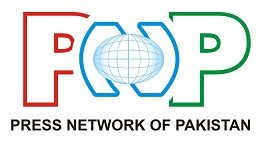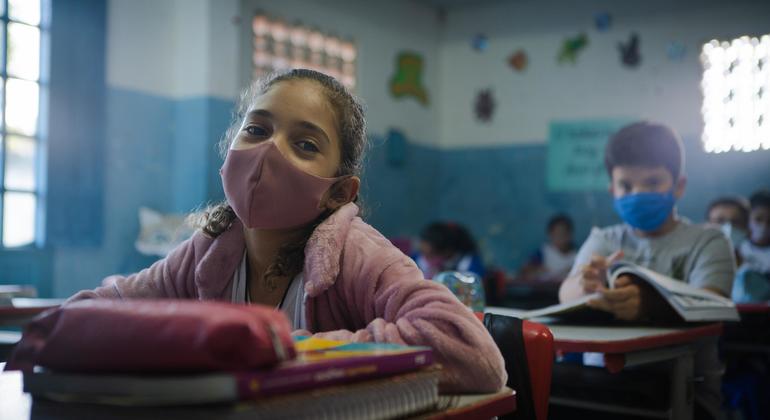Tedros Adhanom Ghebreyesus was addressing the World Health Organization (WHO) Executive Board when he said that “several outstanding issues” still needed to be resolved by governments and that time was “very short” to find consensus.
“A failure to deliver the pandemic agreement and the International Health Regulations amendments will be a missed opportunity for which future generations may not forgive us,” Tedros said.
Legally binding
The WHO chief’s warning follows agreement by Member States of the UN agency to start a process to draft and negotiate a “convention, agreement or other international instrument” to strengthen pandemic prevention, preparedness and response, after the huge loss of life caused by COVID-19.
Such agreements made between countries have legal standing and are binding.
WHO has emphasized that a proposed pandemic convention would be driven by the need to ensure equity of access to tools that can stop pandemics in their tracks – including vaccines, personal protective equipment, information and expertise – and access to healthcare for everyone.
UN migration agency issues first ever global annual appeal for $7.9 billion
UN migration agency IOM issued a nearly $8 billion funding call on Monday, to help almost 140 million people, including those internally displaced and the communities that host them.
Leading the appeal, IOM Director-General Amy Pope said it was urgent to help communities resist climate change, which last year was an even bigger driver of migration than conflict:
“Hundreds of millions of people live in communities that are extremely vulnerable to climate shocks”, she said.
Crisis ahead
“If we do not begin to build this capacity now, we collectively will face a displacement crisis that dwarfs anything we deal with.”
Speaking in Geneva, Ms. Pope stressed that irregular and forced migration had reached “unprecedented levels”, with more than 71 million people already displaced within their own countries today.
But the IOM chief also insisted there was “overwhelming evidence” that well-managed migration was “a major contributor to global prosperity and progress”.
In line with the UN agency’s long-term objectives, it said that Monday’s appeal would help to save lives and protect people on the move, find solutions to displacement and facilitate safe pathways for regular migration.
Rights defenders demand protection for lawyers in Iran
Independent UN human rights experts hailed lawyers in Iran over their “courageous commitment to the rule of law” and efforts to practice their profession despite “enormous obstacles and pressures”.
In a statement issued on Monday ahead of the International Day of the Endangered Lawyer marked on 24 January, the Special Rapporteurs on Iran and the issue of judicial independence, called on Tehran to fully protect the country’s legal professionals.
Following the “Women, Life, Freedom” protests triggered by the death of Mahsa Amini in police custody in 2022, Iranian authorities arrested thousands, subjecting them to deplorable conditions and even death penalty charges, said the two independent experts.
Despite the risks, many Iranian lawyers attempted to provide legal support to the protesters, and consequently faced intimidation, arbitrary arrests, and being disbarred.
Rising to the challenge
“Lawyers in Iran have, again and again, risen to the challenge and have suffered the consequences,” the experts declared.
They underscored that Iranian lawyers often operate in peril due to restrictions that violate international standards for the free and independent exercise of the legal profession and the right to a fair trial. The Bar Association, one of Iran’s oldest professional organisations, has been targeted by the Government through structural changes and investigations, according to the rapporteurs.
They urged Iran to implement measures ensuring lawyers can fulfil their vital role without the threat of prosecution for legitimate professional activities, emphasising the impact on the right to a fair trial for all Iranians.
Special Rapporteurs are part of the Special Procedures of the Human Rights Council. They do not receive a salary for their work and serve in their individual capacity.


